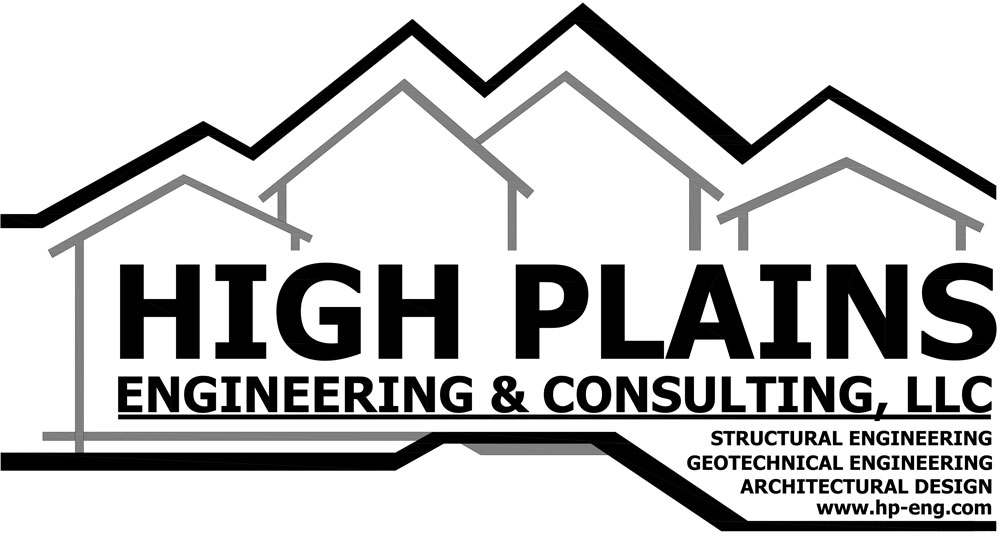Most people are not aware that groundwater quality goes through seasonal fluctuations. This can be important information for homeowners who use a well for their home’s water supply. This quick guide will provide you with information on why this happens and why it is important to you. What Causes Groundwater Fluctuations There can be many reasons that affect groundwater levels and quality. Some of the changes are caused by natural occurrences, and others are caused by man’s activities above ground. Below ground, there are many aquifers located throughout a state. Some of the more shallow aquifers will be dramatically affected... View Article
High Plains Engineering and Construction LLC. has been in the business of civil and structural engineering since 2006 in the Fort Lupton area and surrounding communities. We show our customers every day the benefits of crawl space encapsulation, and we can provide a few answers about why it is so important now. What Is Crawl Space Encapsulation? This is the process of lining the crawl space with a vapor barrier that is typically covered by a layer of polyethylene. The polyethylene is placed on the floor of the crawl space to "seal" it. Benefits of Encapsulation There are a number of... View Article
Roof ventilation is extremely important as the main protection of your home comes from your roof. This is why you must make sure that it is properly maintained. Ensuring it has the correct amount of ventilation to enable the flow of air through the roof is vital. Proper airflow keeps your roof operating as it should. The Importance of Roof Ventilation Preventative roof maintenance means ensuring it has adequate ventilation. There are many reasons why this is important. Boosts Energy Efficiency If you are looking for ways to reduce the cost of your heating bill, ensuring that you have adequate... View Article
Engineering is a complicated field that requires years of hard work and dedication. As with any profession, there are certain aspects of engineering that are specific to the field, and engineering drawing is one of them. For anyone looking at a blueprint, it can be hard to understand what it means. Clouds in an engineering drawing are a perfect example. What Do Clouds on Construction Drawings Mean? If you are looking at a construction drawing or blueprint, the clouds on a construction drawing indicate that there have been changes made to the blueprint in the area where the clouds are located.... View Article
The engineering industry has experienced massive changes over the years. There has been a great transition from manual to digital, thanks to technological innovations. BIM is one of the innovations that has greatly transformed engineering, making processes more efficient. Read on to learn what BIM is and how it benefits engineering. What Is BIM in Engineering? BIM, or building information modeling, refers to a digital process that allows a person to plan, design, and construct a building within a single 3D model. It integrates multidisciplinary data to create digital representations managed in a cloud platform. Benefits of BIM in Engineering Below... View Article

 HPEC is an active member of CAGE
HPEC is an active member of CAGE